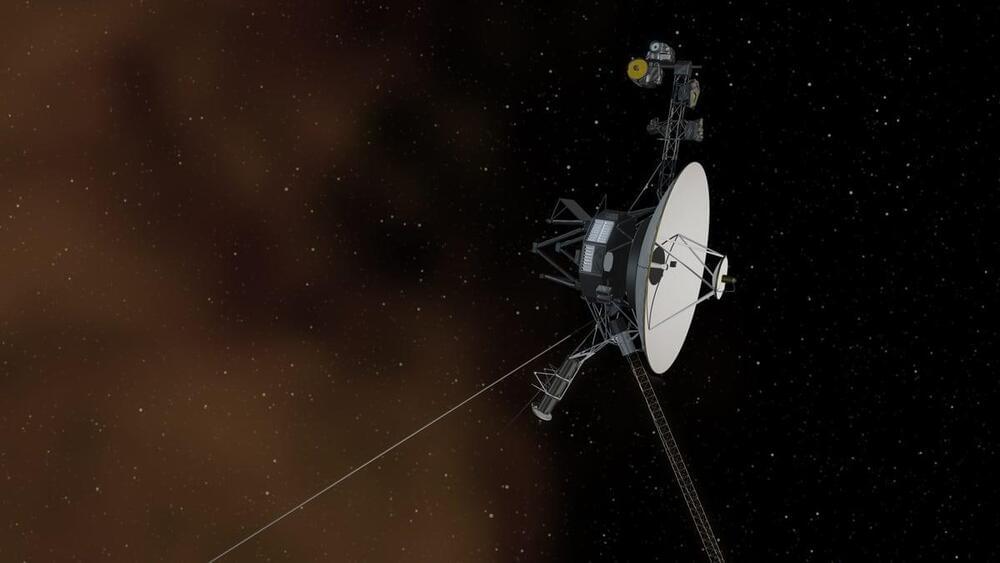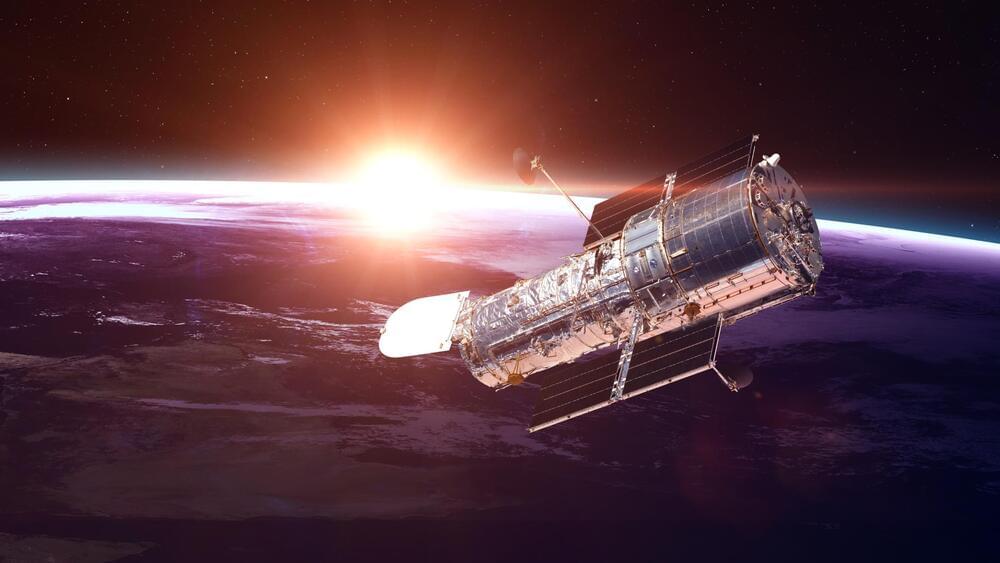A woman who happened upon the Friday crash of a pickup towing a trailer transporting 100 monkeys is being treated after a monkey spit at her and she developed pink-eye symptoms. #Conjunctivitis …Is Conjunctivitis a symptom of #monkeypox
People for the Ethical Treatment of Animals (PETA) said the U.S. Department of Agriculture is investigating the accident, which occurred on an east-central Pennsylvania highway, and the subsequent attempts to round up some of the cynomolgus macaque monkeys who had escaped from their crates.
The accident involved the collision of the pickup and a dump truck near the Danville exit on Interstate 80. Pennsylvania State Police said several monkeys had escaped following Friday’s collision and one remained unaccounted for overnight.
Michele Fallon, the Danville, Pennsylvania woman who came upon the crash told the Press Enterprise newspaper when she and another motorist who stopped to help, the other driver said he thought he saw a cat run across the road.







